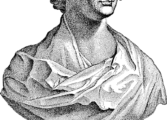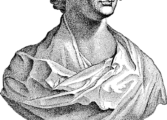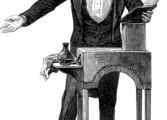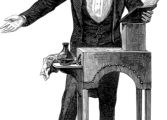Jane Austen: A Timeless Literary Icon
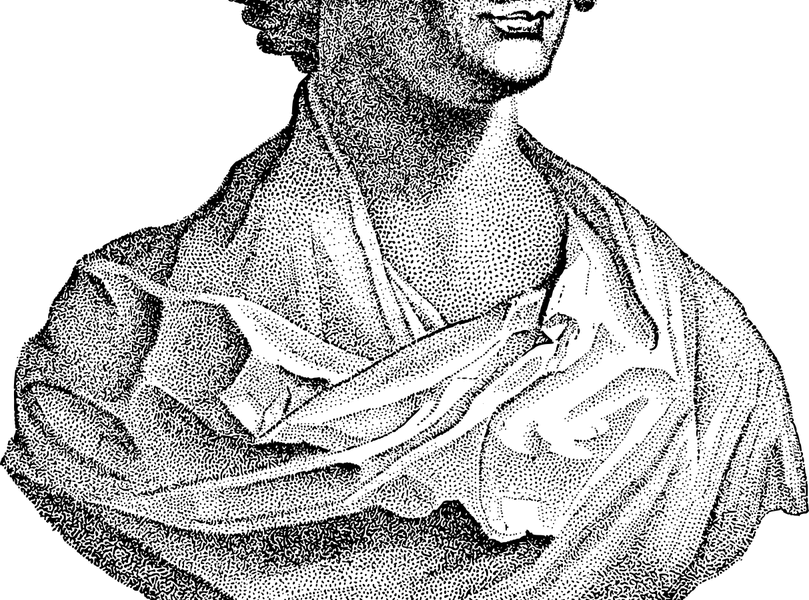
Introduction:
Jane Austen is one of the most revered and beloved writers in English literature. Born on December 16, 1775, in Steventon, Hampshire, Austen’s literary genius continues to captivate readers worldwide. Her works are known for their witty social commentary, strong female characters, and intricate portrayal of romance in Regency-era England. In this article, we will delve into Austen’s life, her significant contributions to literature, and her enduring influence on both readers and authors alike.
Early Life and Background:
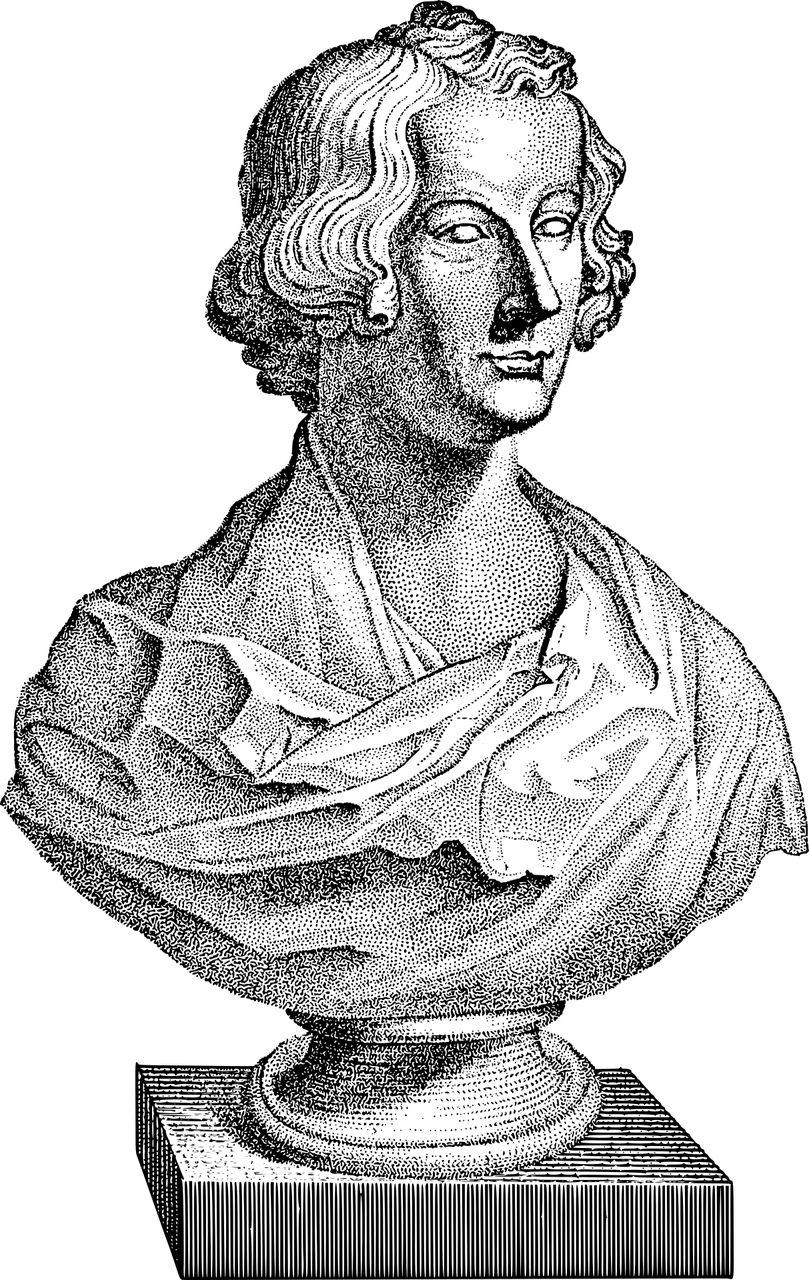
Jane Austen was the seventh of eight children in a close-knit family. Her father, George Austen, was a clergyman, while her mother, Cassandra Leigh, hailed from a prosperous family. Growing up in a rural setting, Austen’s exposure to social intricacies and societal norms greatly influenced her writing. Additionally, she had a strong educational foundation, receiving formal education from her father and later attending boarding school.
Literary Career:
Austen’s literary career began in her early twenties when she penned her first novel, “Sense and Sensibility.” Initially published in 1811 under the pseudonym “A Lady,” this classic novel explores the contrasting personalities of two sisters and their pursuit of love and happiness. The success of “Sense and Sensibility” paved the way for Austen to publish her subsequent works, including “Pride and Prejudice,” “Mansfield Park,” and “Emma.”
Jane Austen’s unique style, characterized by her astute observations of society, captivating storytelling, and witty dialogue, set her apart as a literary genius of her time. Her novels often depicted the lives of women in the gentry class, highlighting their limited choices within a rigid social structure. Austen’s heroines challenged societal norms by asserting their independence, intellect, and desire for love and happiness.
Historical Evolution:
During Austen’s lifetime, her novels achieved moderate success and garnered positive reviews, but she remained relatively unknown to the broader public. It was only after her death in 1817 that her brother, Henry Austen, revealed her authorship and published her remaining works.
In the Victorian era, Austen’s popularity steadily increased, as her novels resonated with readers grappling with societal changes and shifting gender roles. Her keen observations of human nature and social dynamics provided both entertainment and introspection for readers of all ages.
Throughout the 20th century, Jane Austen’s works continued to gain recognition and acclaim. Numerous adaptations of her novels for both film and television brought her stories to life, further solidifying her status as a literary icon. The feminist movement of the 1960s and 1970s also played a significant role in re-evaluating Austen’s works, highlighting the subversive elements in her narratives and celebrating her strong, independent female characters.
Featured Snippet on Google:
To increase the likelihood of this article appearing as a featured snippet on Google, it is crucial to structure the text effectively. Here is a suggested breakdown:
1. Introduction: Engagingly introduce readers to Jane Austen’s significance and why she continues to captivate audiences. [ tag]
2. Early Life and Background: Share interesting details about Austen’s upbringing, family, and the influences that shaped her writing. [H2 tag]
3. Literary Career: Discuss Austen’s first novel, “Sense and Sensibility,” and its impact on her subsequent works. Emphasize her unique style and the themes prevalent in her writing. [H2 tag]
4. Historical Evolution: Explore the trajectory of Austen’s popularity from the time she wrote her novels to the present day. Highlight significant moments, such as the posthumous revelation of her authorship and the feminist reevaluation of her works. [H2 tag]
5. Jane Austen’s Enduring Influence: Discuss the legacy of Austen’s works, including their adaptations for screen and stage. Address her continued relevance and impact on contemporary literature. [H2 tag]
6.
: Insert a placeholder to incorporate a video on Jane Austen’s significance, specific novel analysis, or related topic. This video will enhance the article’s multimedia appeal and engage readers further.
7. Conclusion: Recap the importance and lasting impact of Jane Austen’s contributions to literature. Reiterate her enduring popularity and the reasons why readers continue to be drawn to her timeless works.
In conclusion, Jane Austen’s literary prowess and timeless themes have secured her a permanent place in the literary canon. Her ability to create vibrant characters and capture the essence of Regency-era England continues to enthrall and inspire readers today. As we delve into Austen’s life, works, and historical context, it becomes evident that her influence transcends time and her relevance remains as strong as ever. Whether through her famous opening line, captivating romance, or sharp social commentary, Jane Austen’s novels remain a cherished treasure for literature enthusiasts and collectors worldwide.










